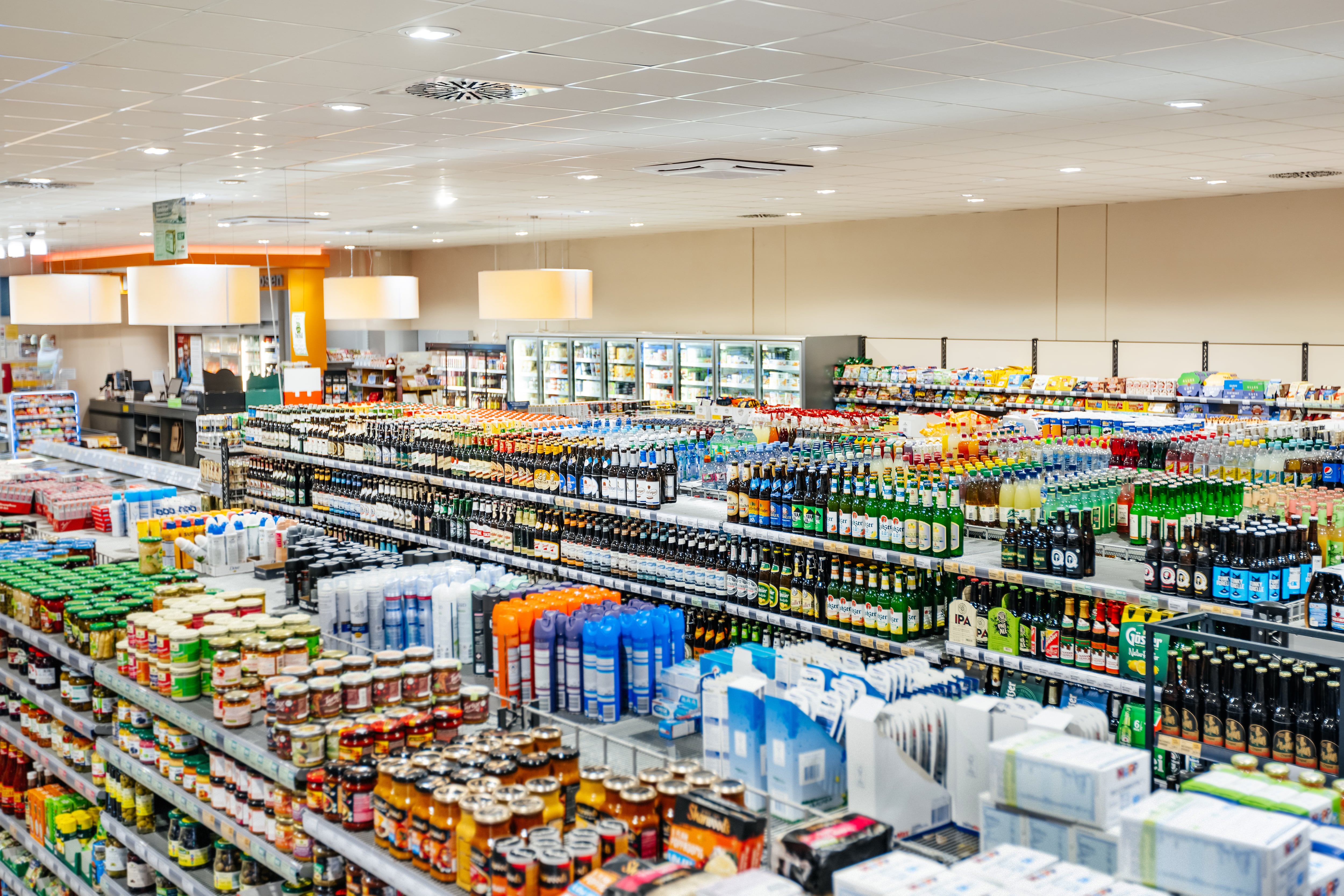For Uncle Saba’s Poppadoms, pursuing sustainability means balancing ambition with the realities of cost, logistics, and shelf-life requirements.
Packaging has become a key area of focus – not just for the brand, but across the food industry, where it is often the first touchpoint in a company’s sustainability journey due to its high visibility, regulatory scrutiny, and influence on consumer perception.
However, practical constraints can stand in the way of greener choices.
Challenges of using sustainable packaging
“We have to use plastic at the moment. Biodegradable or recyclable alternatives don’t meet the technical requirements for shelf-stable snacks,” said co-founder Sreenivas Saba.
“If the shelf life is only six months, retailers won’t accept it – they expect at least 12 months due to transport and storage timelines. Commercially, it’s just not viable,” he explained.
This challenge reflects a broader reality across the FMCG sector, where pressure to switch to greener packaging often clashes with supply chain and durability needs.
While there’s growing pressure from consumers and retailers alike to shift toward environmentally friendly packaging, the infrastructure and materials required to support that ambition don’t always exist – or they come with trade-offs that brands aren’t yet able to absorb.
“As much as I’d like to make the switch, it’s just not possible at the moment. Eventually, these problems will be solved as more investment goes into the technology,” said Saba.
“But for now, it’s something we’re not able to do. We’re very open about that on our website – what we can’t do, and why.”
That said, Uncle Saba’s is still taking steps to reduce its environmental impact elsewhere in the value chain.
While packaging remains a major hurdle, the company has made progress in other areas of sustainability.
Sustainable ingredient sourcing
A few years ago, the firm commissioned a carbon audit from a UK company to measure its footprint during production.
The carbon audit measured environmental footprint by measuring the amount of carbon monoxide equivalent (CO2e) released. Poppadom and lentil productions release 1.9kg and 0.9kg respectively, compared to production of lamb meat at more than 20kg, according to the brand’s website.
“The main ingredients for our products are lentils and chickpeas,” Saba said, noting that both crops have relatively low carbon footprints. “Chickpeas even put nitrogen back into the soil – so it’s actually a super crop.”
The firm also uses RSPO-certified palm oil.
Additionally, it publicly acknowledges its sustainability gaps.
“Right now, most consumers don’t make purchase decisions based on carbon footprint. But eventually, I believe they will. That’s why we’ve been working on this for years.
“Our product packaging carries a QR code that links to our website, where we share both what we’ve achieved in terms of sustainability, and what we haven’t – but would like to,” said Saba.
Rather than claiming to be fully sustainable, the company prefers to frame its efforts as a journey.
“Sustainability is not an on and off switch,” he added. “You have to measure it, be transparent to customers so that you can eventually get to a product which is more and more and more sustainable. And it will take time. The only thing is to start on that journey.”
By acknowledging both progress and limitations, Uncle Saba’s takes a transparent and credible approach to sustainability — one that resonates in a market wary of greenwashing.





